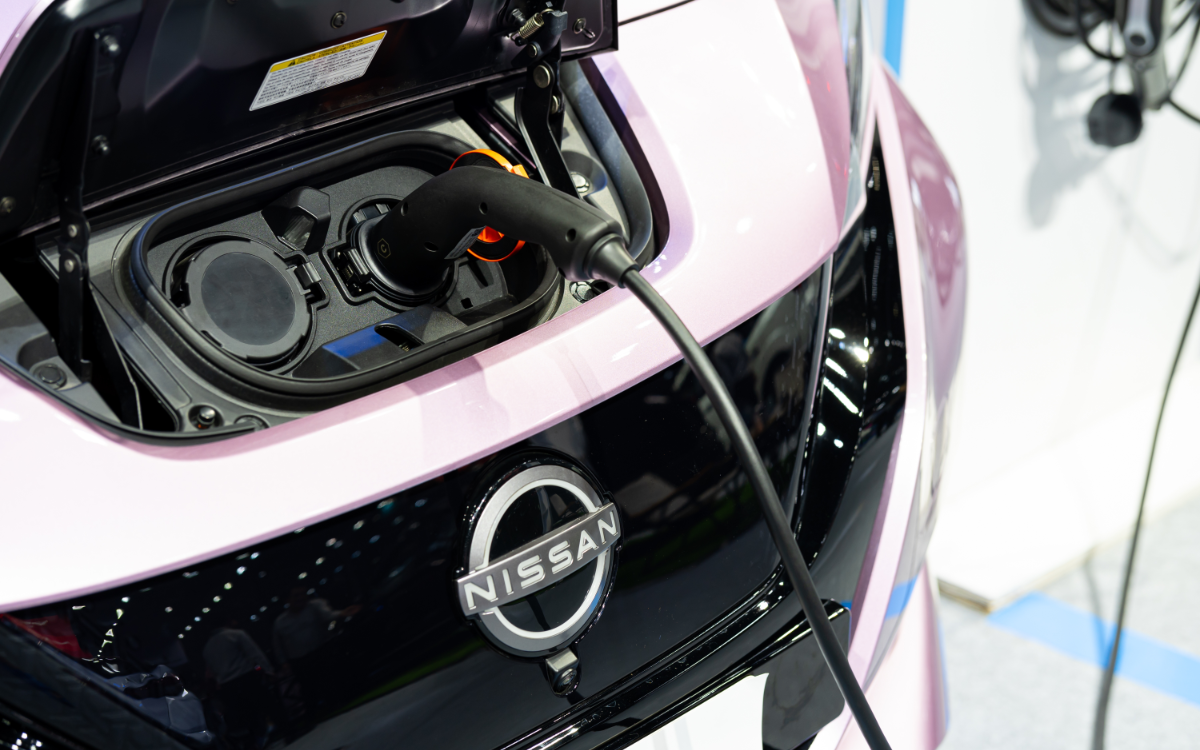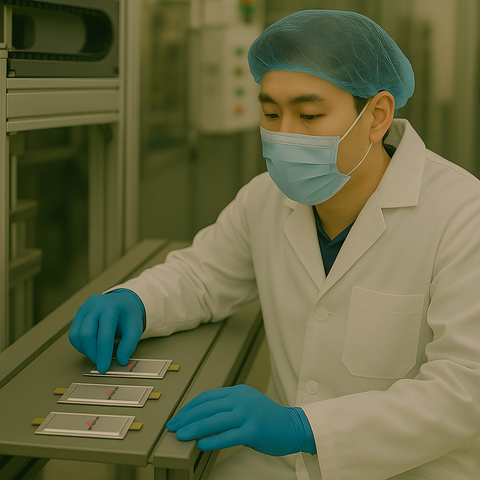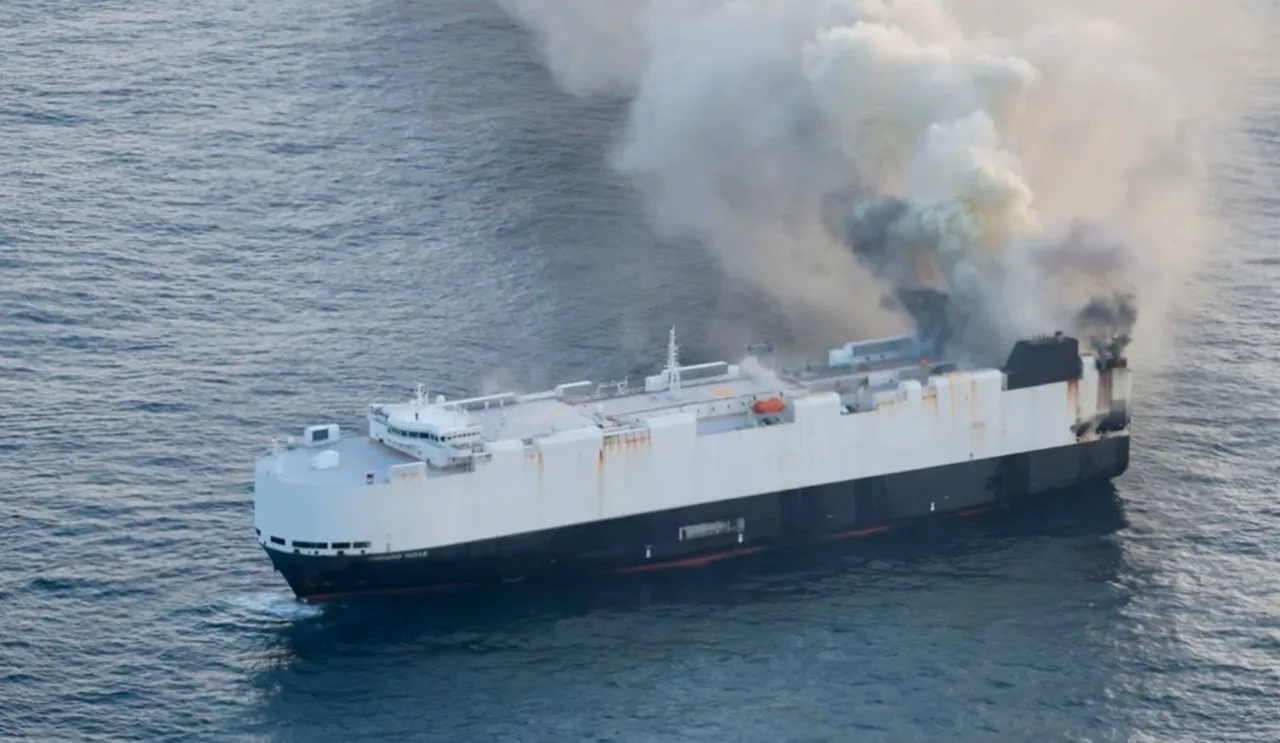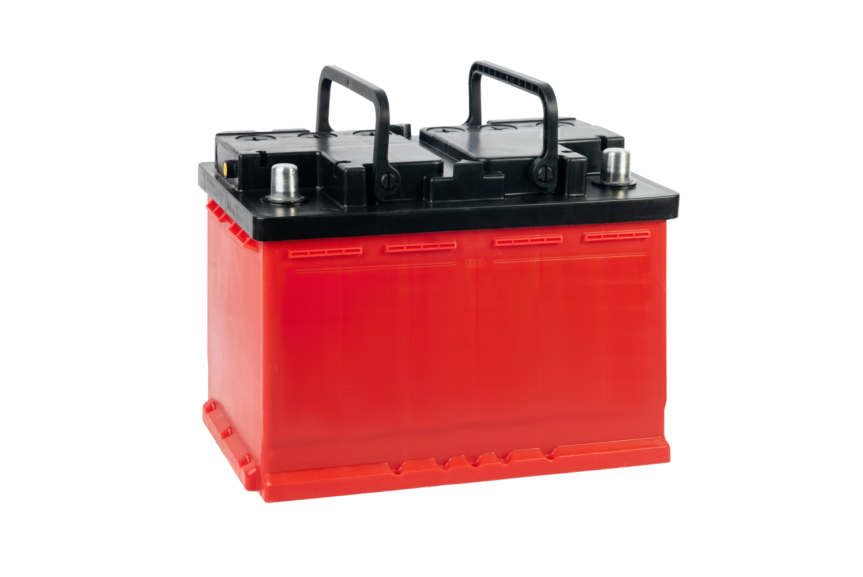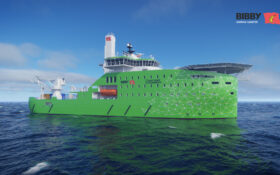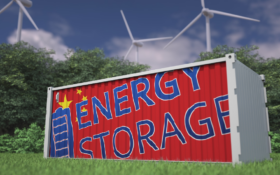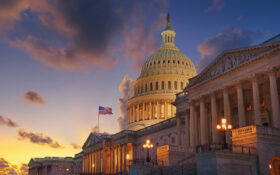Japanese automaker Nissan is winding down its partnership with the Automotive Energy Supply Corporation (AESC), for batteries for its next generation of US-made electric vehicles (EVs).
AESC was formed as a joint venture between Nissan and Tokin Corporation in 2007 and supplied its lithium-ion batteries for the Leaf model, Nissan’s first mass-produced EV.
An employee anonymously told Automotive News that AESC was not able to guarantee its batteries would follow the US Inflation Reduction Act.
The act allows for a consumer federal tax credit of $7500 on any EVs, but only if battery components and critical materials are not sourced from foreign entities of concern.
This would include sourcing from companies in – or with subsidiaries owned in – China, Iran, North Korea or Russia. If true, Nissan EVs with AESC batteries would be ineligible for the tax credit.
Nissan sold most of its stake in AESC to the Chinese-owned Envision Group in 2018, but retains a 25% holding.
The ban came into place this year for critical materials and in 2024 for battery components. Other factors reportedly at play are cost and battery technology.
We previously reported that a $1.8 billion supply deal for batteries between Nissan and SK On, to supply the US market was already agreed.

